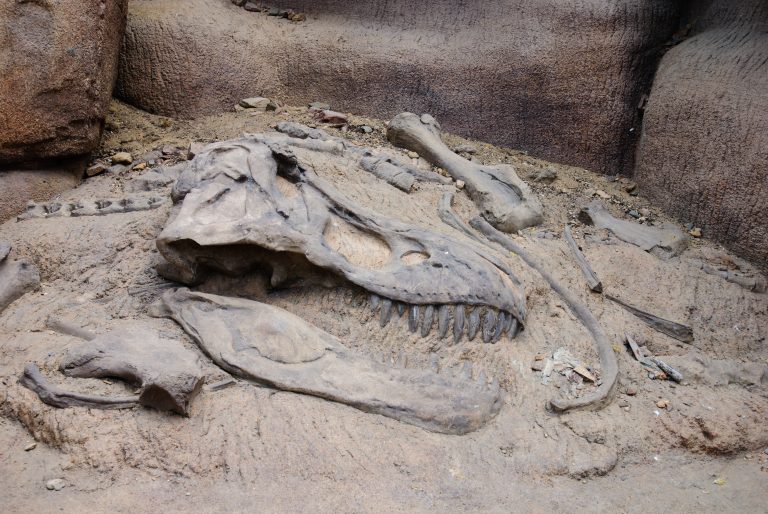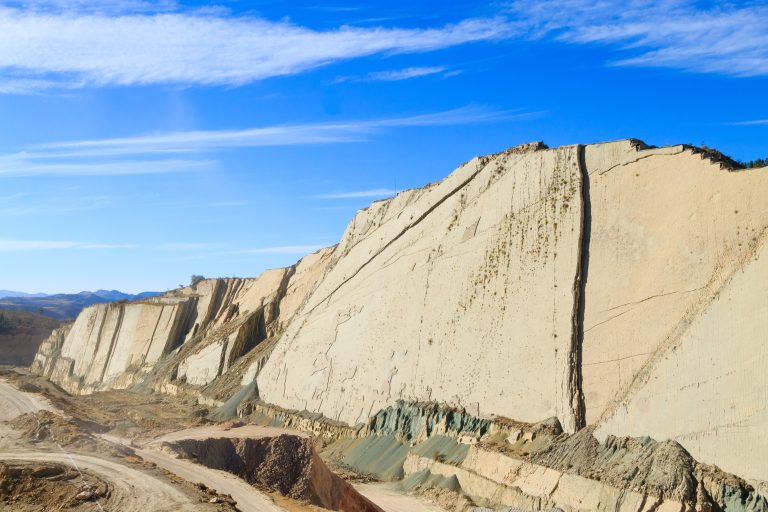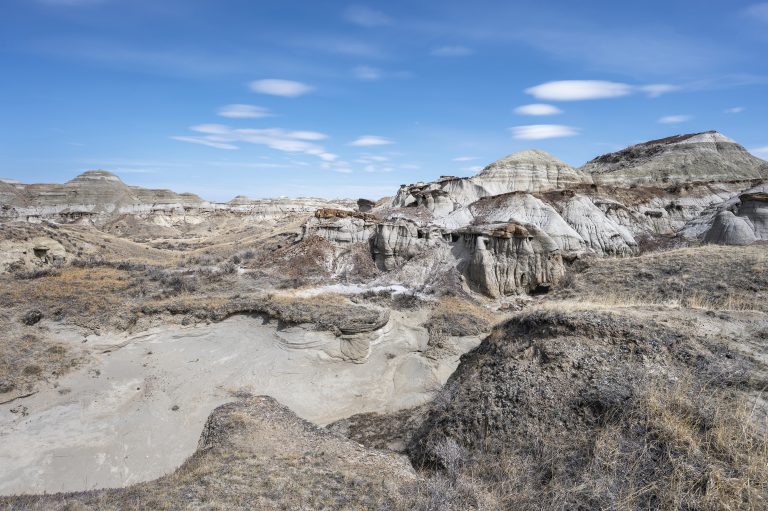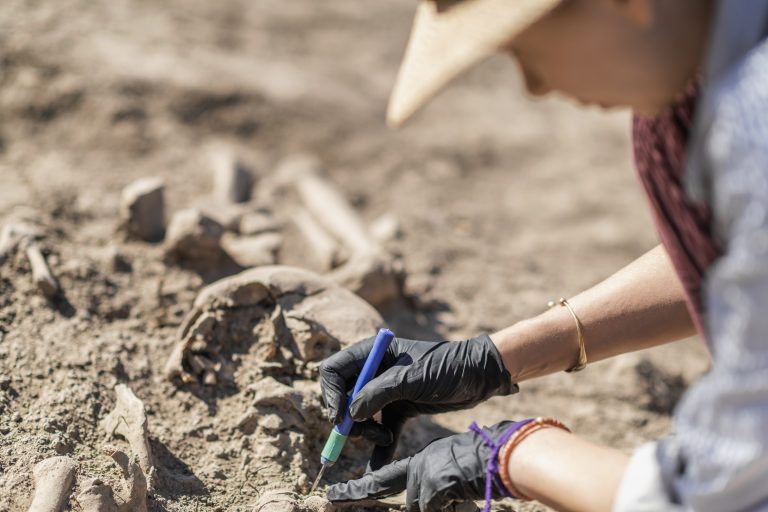10 Challenges of Language Barriers in Fossil Tourism

Embarking on a fossil tourism adventure can be as thrilling as uncovering a hidden gem from the Mesozoic era. However, traversing the linguistic divide presents its own set of prehistoric-sized challenges that can make or break the experience.
1. Navigating Tours

Nothing’s worse than missing out on the juicy details of a Spinosaurus’s lifestyle because the tour guide’s words are as incomprehensible as dinosaur calls. When language barriers loom, tourists may find themselves nodding along to explanations they can’t understand, reducing a potentially enlightening tour to a silent movie with fossils as the stars.
To combat this, I always recommend brushing up on key phrases or investing in a pocket translator (the modern-day Rosetta Stone) to catch at least the gist of the narrative.
2. Accessing Information
Imagine standing before a magnificent fossil display, yearning to unravel its secrets, but the information plaque might as well be in ancient Greek. Without comprehensible guidance, the layers of geological history remain a closed book, and the educational aspect of fossil tourism is lost.
Hey hey! Don’t forget to subscribe to get our best content 🙂
Smartphones can be lifesavers here—apps that translate text in real-time can shine a light on the enigmatic past, provided you have internet access (or have thought to download offline language packs).
3. Cultural Misunderstandings
A cultural faux pas can be as embarrassing as tripping over a Triceratops tail at a dig site. Misinterpreting gestures or local customs due to language barriers can lead to uncomfortable situations or even offense.
It’s essential to do your homework on cultural norms and use non-verbal cues wisely—sometimes, a smile or a polite nod transcends language and speaks volumes about your respect for local traditions.
4. Safety Instructions
Safety briefings are the difference between a great adventure and a trip to the local clinic in the rugged terrain of fossil sites. Language barriers can turn important safety instructions into a chaos of words, increasing the risk of accidents.
I’ve learned the hard way that it’s vital to seek a bilingual guide or written translations to ensure that the only thing you break is new ground in your paleontological knowledge.
5. Local Interaction Hurdles

The heart of travel beats in the interactions with locals, but language barriers can damper the rhythm of that connection. Asking for directions or getting insights on hidden fossil hotspots becomes a game of charades, often leading to misadventures (though sometimes these are the stories you’ll retell with a laugh).
A little language prep can open doors to genuine connections and maybe even friendships that last longer than some fossils.
6. Dining and Allergies
Deciphering a menu in a foreign language can feel like trying to classify a new species under the dim light of a campfire. Add dietary restrictions or allergies into the mix, and every meal can become a high-stakes excavation.
Clear communication is key—carrying a translated allergy card can help prevent your dining experience from becoming a culinary catastrophe.
7. Accommodation Issues

After a long day of fossil hunting, the last thing you need is a mix-up at your lodging due to language barriers. Misunderstandings over room reservations or amenities can leave you feeling like you’ve been assigned to a Cretaceous period sleeping arrangement.
To ensure a restful night, confirm details in writing and use translation apps to bridge the gap between expectations and reality.
8. Transportation Hitches
Navigating public transport or arranging private transfers without a common language is akin to plotting a course through the asteroid belt—tricky and fraught with potential collisions. Missed stops or wrong directions can derail your fossil exploration plans faster than you can say “Pachycephalosaurus.”
My tip: have your destinations written down in the local language and don’t shy away from showing it to drivers or fellow passengers.
9. Shopping Challenges

Shopping for souvenirs should be as straightforward as identifying a Tyrannosaurus rex tooth, but language barriers can turn haggling or even simple transactions into an epic quest. Without clear communication, you might end up paying more than intended or buying something entirely different.
I like to keep a calculator handy to avoid numerical confusion and ensure that both parties are on the same page—price-wise.
10. Emergency Situations
In the rare case of an emergency, understanding and being understood is as crucial as having a first aid kit. Language barriers can complicate interactions with medical personnel or local authorities, making a stressful situation even more daunting.
Always have important phrases and medical information written in the local language, and consider a travel insurance plan that provides multilingual support.
While the language barriers in fossil tourism can feel like a formidable Tyrannosaurus in the room, they’re not insurmountable. With preparation, technology, and a dash of patience, you can navigate these challenges and enjoy an enriching journey back in time.




